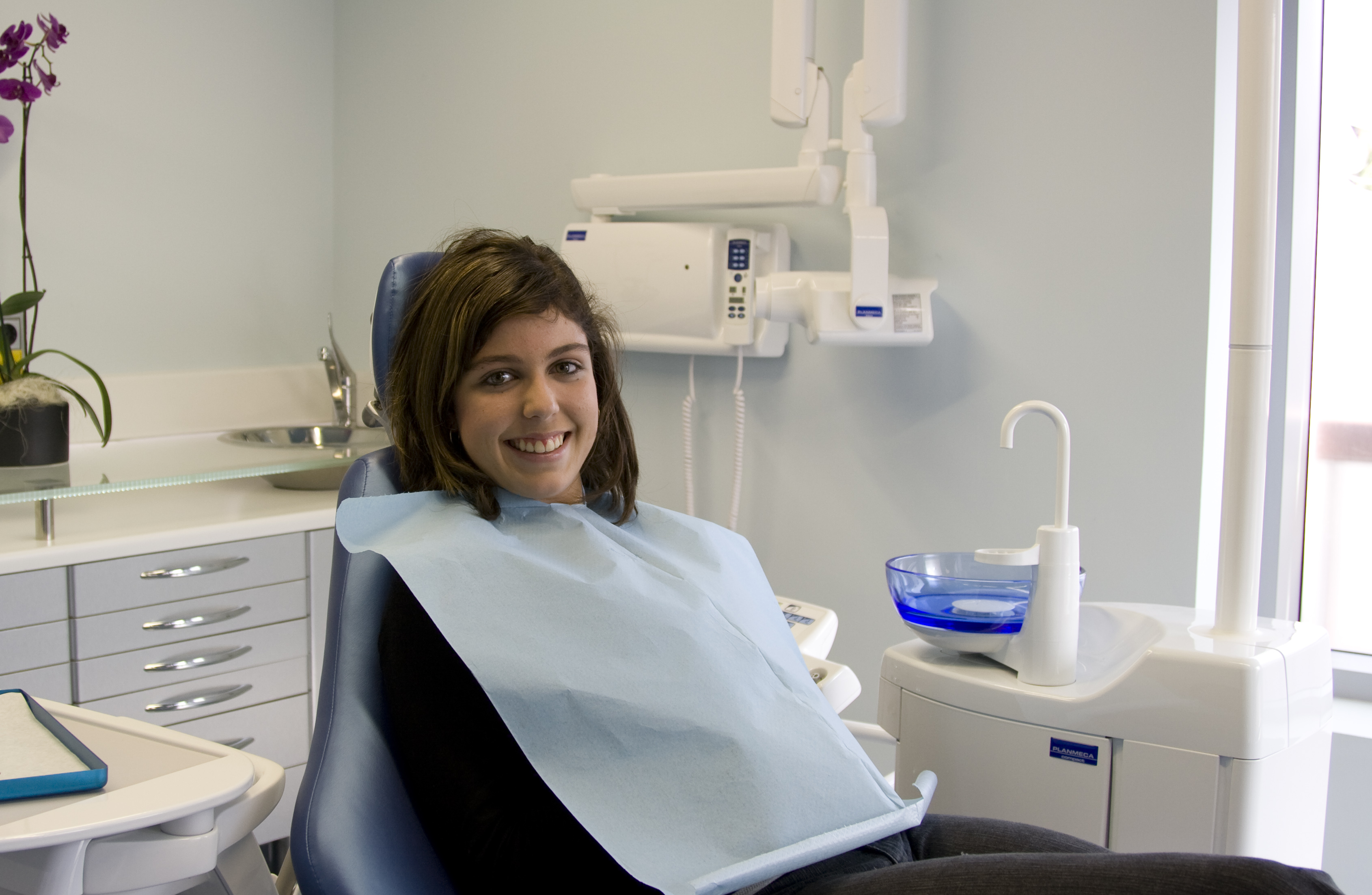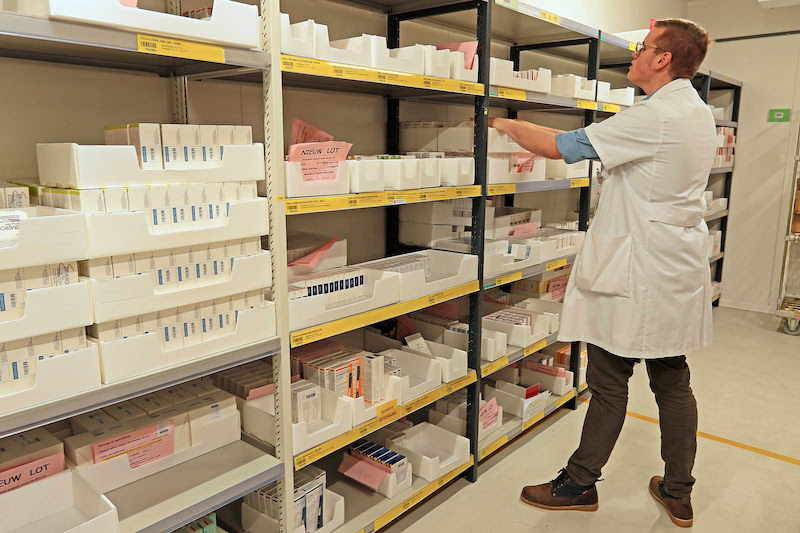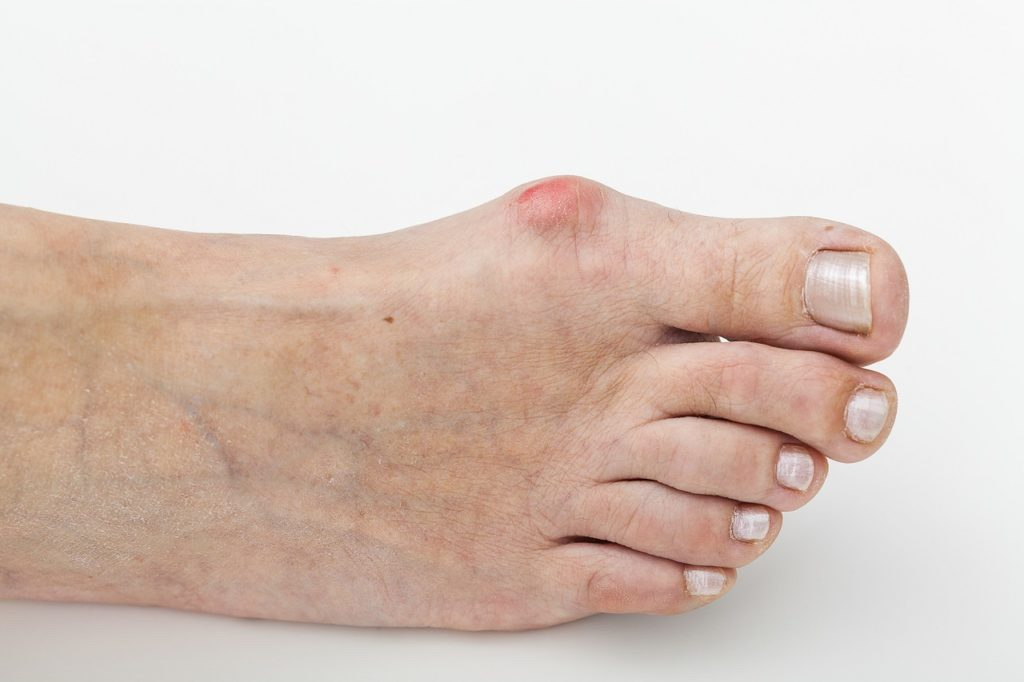
Oral hygiene: stages of the woman
The oral hygiene is important for the health. Along the life the woman crosses different stages, in some of them his oral health can turn affected, because of it it is important to take care of our teeth.
The Dra. Carmen Pomares echoing the recommendations of Spanish Society of Periodontology it informs us that exist concrete periods in the life of a woman in which the gum is more capable to the inflammation and therefore there is increased the risk of suffering mouth diseases. This owes principally to hormonal reasons. The puberty, the pregnancy and the menopause are stages where the gums of the woman need certain taken care.
The gum is a fabric extremely sensitive to the hormonal changes being able favor, for this reason, situations that enclosed would carry the loss of the teeth. A suitable strategy for the specialist in gum, periodoncista, will minimize these risks. The disease periodontal, known vulgarly how “pyorrhea”, it is a chronic infection caused by bacteria of the dental plaque that concerns the structures that hold the teeth to the mouth.
Initially there appears the gingivitis that is located only in the gum, but it receives the opportune treatment can transform in a periodontitis, on having spread to the bone that surrounds and supports the tooth, which is destroyed in an irreversible way, being able to manage to get lost the teeth if it does not treat itself in time.
Some initial symptoms of this disease are the reddening and bled of gum, though in the smokers it can go unnoticed. Hereinafter they can other symptoms appear how retraction of gums, mobility, separation between teeth, gumboil, etc. It is fundamental to take a correct oral hygiene and must treat about early form for the specialist after a precise diagnosis.
Stages of the woman
Puberty
In puberty, pubertal gingivitis may develop as a result of increases in sex hormones, and some women even experience menstrual gingivitis (bleeding and swollen gums, and ulcers in the oral soft tissues).
Taking oral contraceptives containing synthetic hormones can result in increased swelling of the gums, especially when taken over a long period of time. It is therefore necessary to check the gums regularly in order to avoid gum damage.
Pregnacy
Inflammation of the gums during pregnancy that disappears after birth is called pregnancy gingivitis, and usually appears after the 2nd or 3rd month of gestation. Where a woman already presents gingivitis or periodontitis before pregnancy, the additional risk arises of premature birth or an underweight baby. Tumoral forms can also exist, such as gingival granulomas, which are associated with pregnancy and can disappear after birth if correct treatment is received.
Menopause
During menopause, oestrogen levels decrease, reducing the anti-inflammatory effect of these hormones on the gum, as do progesterone levels, leading to a loss of bone density and the appearance of osteoporosis. These changes result in significant alterations to oral tissues, and problems may appear such as atrophic gingivitis, postmenopausal gingivitis and dry mouth syndrome (oral discomfort or irritation, burning and a bad taste). Furthermore, osteoporosis has recently been associated with a greater tendency to suffer periodontal disease.
For all the above reasons, maintaining healthy gums and a correct oral hygiene is especially important for women.





Pingback: You want a healthy smile: let's do it! - MQS